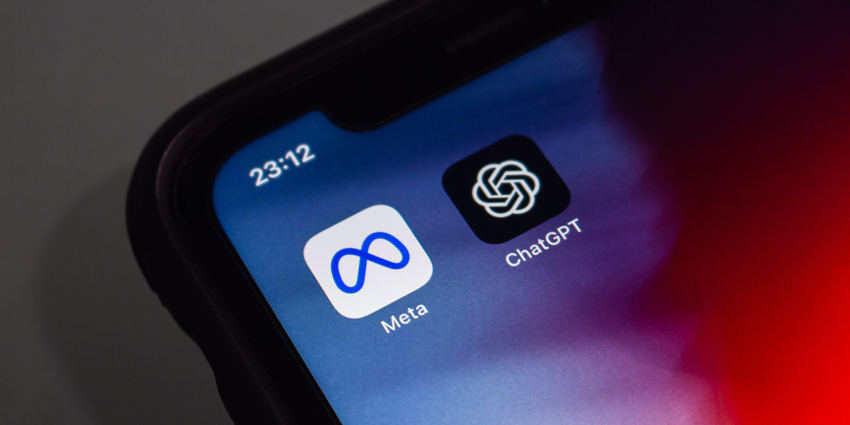Recent reports from The Information have highlighted how OpenAI and Meta are looking into AI partnerships with Reliance in India. This follows the Paris AI Summit earlier this year, where Indian Prime Minister Narendra Modi took the stage to underline the region’s interest in developing AI solutions.
At the event, Narendra Modi stated:
We are at the dawn of the AI age, which will shape the course of humanity. AI is developing at an unprecedented scale and speed. It is being adapted and deployed even faster. – There is a need for collective global efforts to establish governance and standards that upload our shared efforts, address risks, and fuel trust.
The OpenAI/Meta partnership sees two of the most prominent AI leaders come together to serve the interests of geographic locations outside of the EU and US, two areas where a lot of muscle is being thrown about in a bid to secure political AI leadership.
India, on the other hand, is very much present in these conversations. With regional tech leaders like Reliance working alongside OpenAI and Meta, additional geographic powerhouses will emerge alongside the US, EU, and China.
Modi also remarked at the Paris AI Summit:
We must pull together resources and talent. We must develop open source systems that enhance trust and transparency. We must build quality data sets freed from biases. We must also ensure that tech is rooted in local ecosystems for it to be effective and useful. The high energy intensity of AI needs to be looked into. This will require green power to fuel inclusion.Today, India leads in AI adoption and techno-legal solutions on data privacy. We are developing AI applications for public good and have one of the world’s largest AI talent pools. India is building its own large language model, considering our diversity. We also have a unique public-private partnership model for pooling resources like computing power, making it available to our startups and researchers at an affordable cost.
OpenAI to Reduce Pricing for India?
Moreover, the reports suggest that OpenAI is exploring a ChatGPT price reduction in India. This follows leaks and negative press around a potential price hike for ChatGPT services.
Recent leaks suggest that OpenAI is planning to charge $2,000 per month for high-income knowledge workers, $10,000 per month for software development agents, and $20,000 per month for Ph.D.-level research agents. These potential customers can expect the upcoming OpenAI agents to assist with tasks such as sales lead sorting, software engineering, and advanced research.
Geographic considerations are very much at the centre of current AI developments, from delayed EU roll-outs of OpenAI agentic services to the rising DeepSeek juggernaut.
Deepseek significantly impacted in January when it launched a disruptive marketplace, offering competitive AI services at a fraction of the cost of established providers. As a result, NVIDIA’s stock took a notable dip, although it has since begun to recover. The emergence of a low-cost AI alternative from outside the U.S. significantly highlights the importance of international AI distribution as global leaders strengthen investments in AI and relax restrictions to gain a competitive edge in this evolving landscape.
Given Deepseek’s history of offering low-cost solutions, there is speculation about whether a similar trend could occur following the introduction of OpenAI’s high-priced agents. While the future remains uncertain, this situation presents opportunities for various companies, not just Deepseek.
Regional Security Concerns
However, addressing significant concerns regarding user data storage associated with Deepseek’s rapid growth in the AI sector is crucial. Like other AI systems, Deepseek collects user information, including email addresses and birth dates, to analyze prompts and deliver its services. The fact that this data is stored on servers in China has raised alarms from international regulators and cybersecurity experts.
Several nations have responded to these concerns. The U.S. Navy has prohibited its personnel from using Deepseek for both work-related and personal matters, while NASA has banned the technology on government-issued devices and networks. Moreover, during a bombshell interview earlier this month, Anthropic CEO Dario Amodei emphasized US security concerns.
As the US moves forward with Stargate and EU leaders take steps to empower businesses with AI and remove red tape, the Indian Reliance partnership and others like it may showcase how corporate interest and alliances will affect AI availability worldwide.








